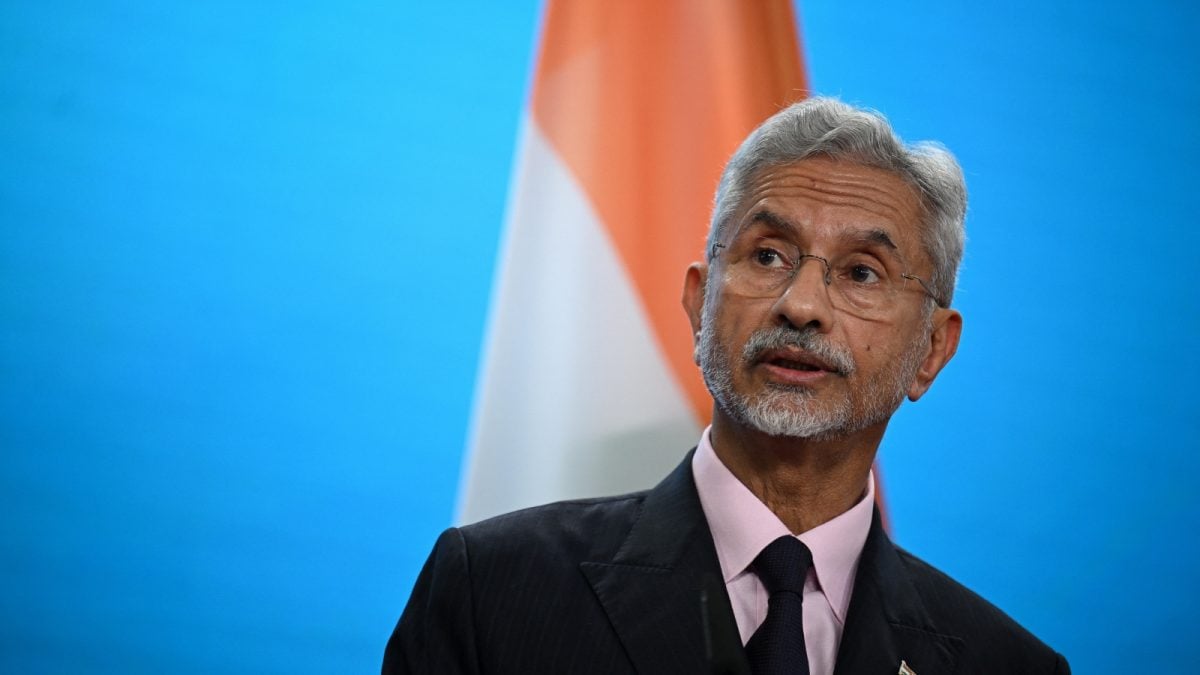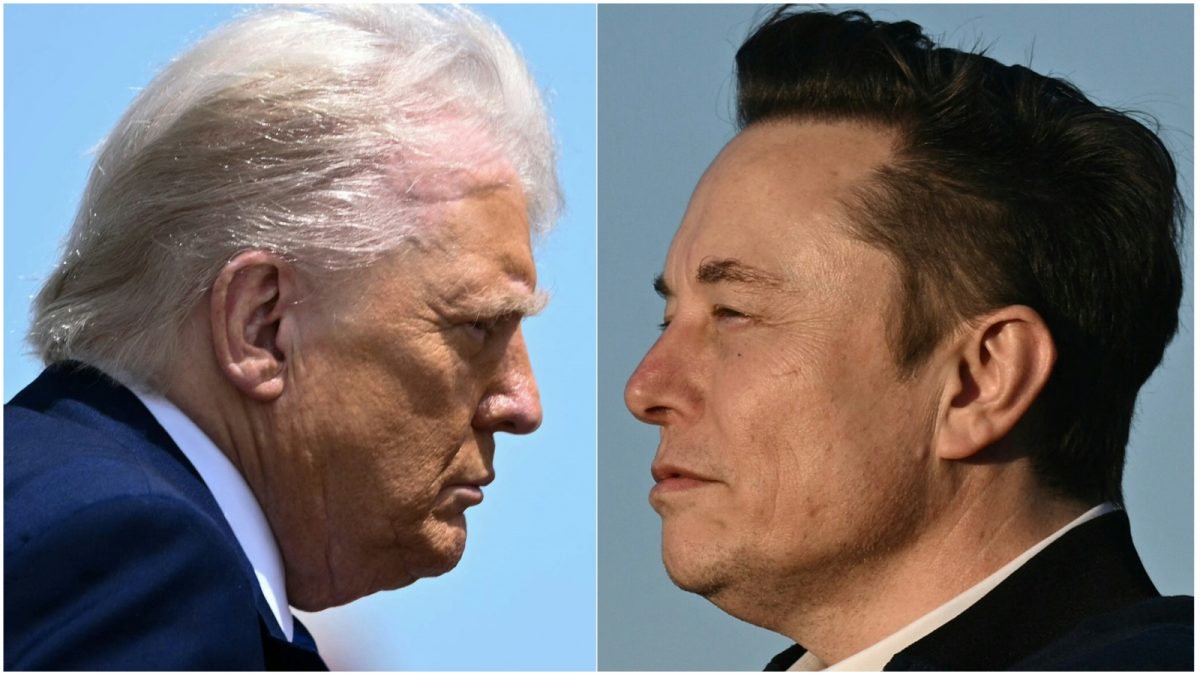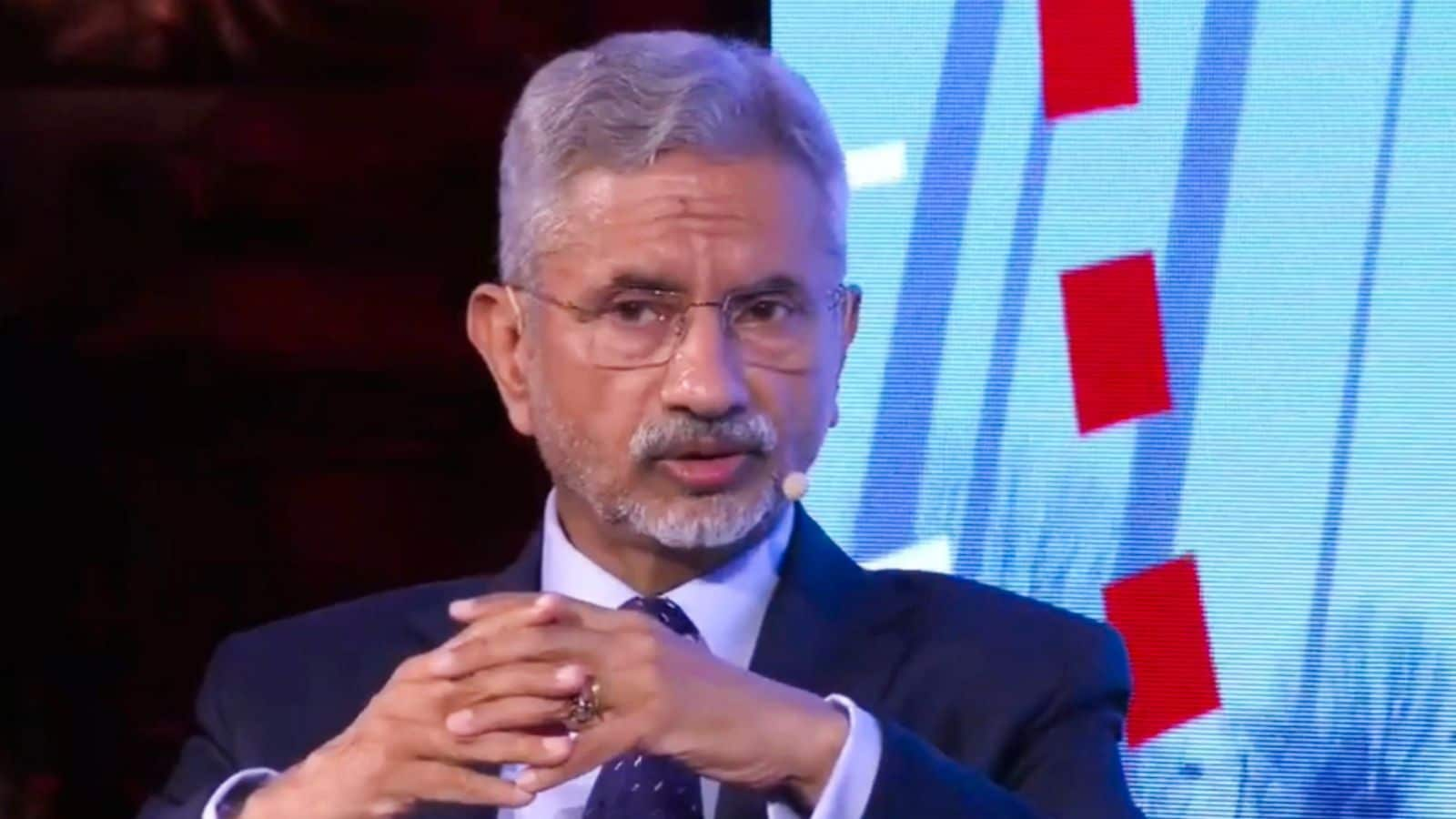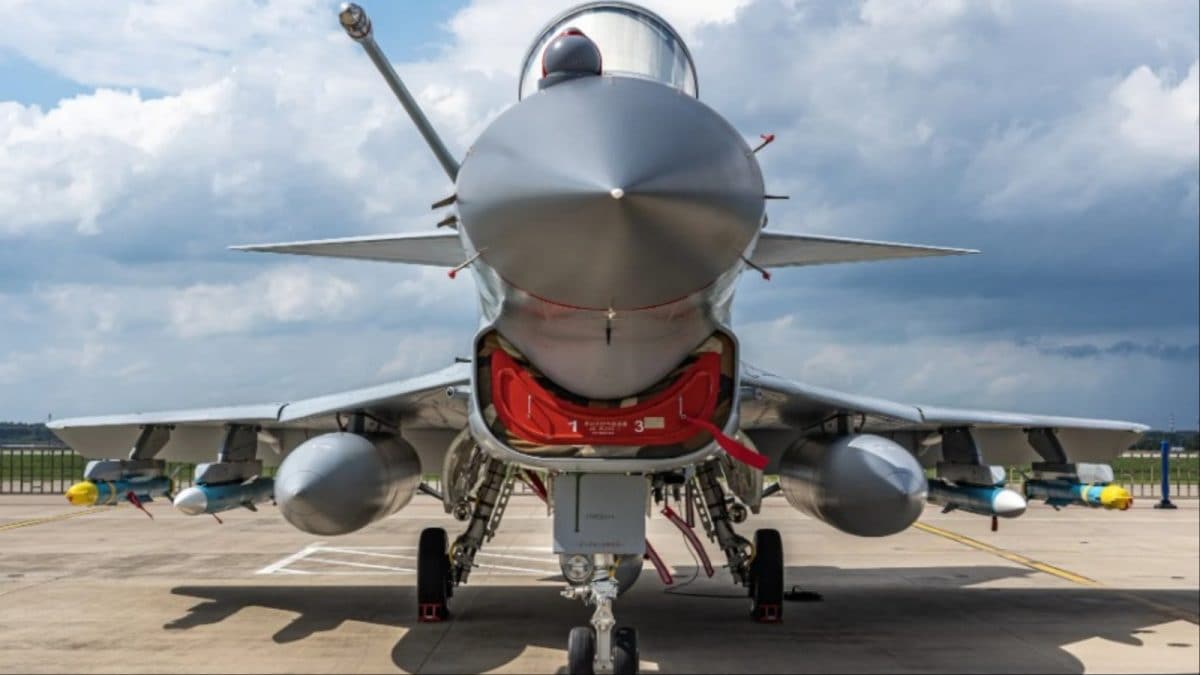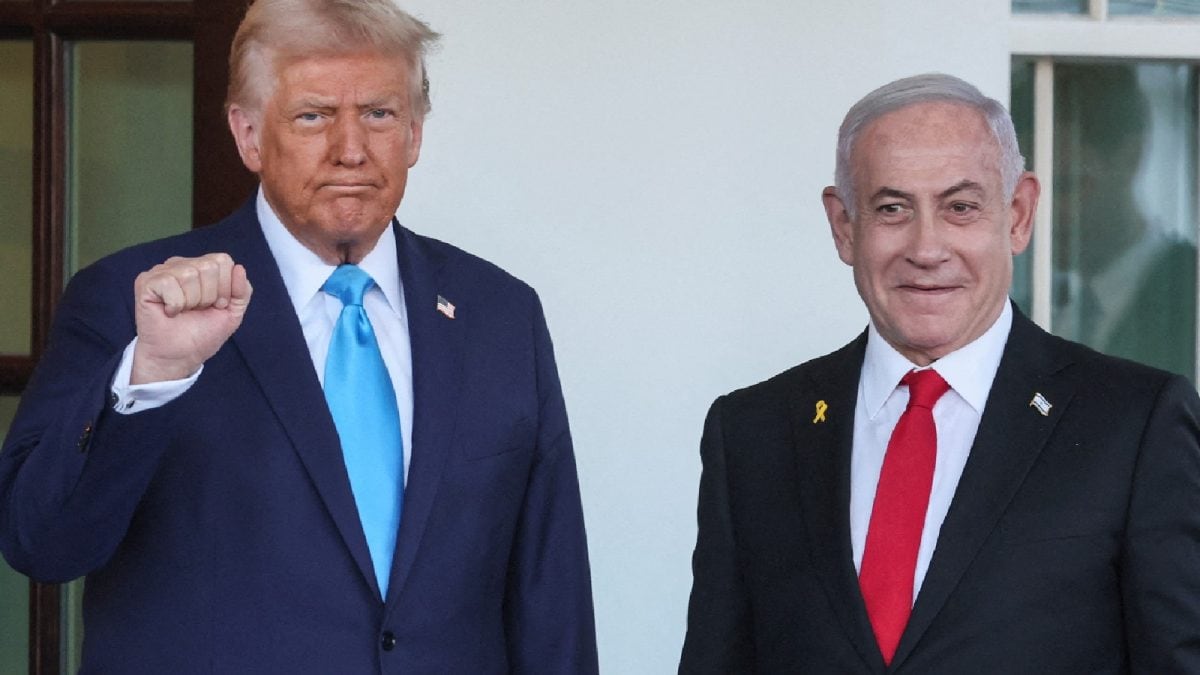Last Updated:May 11, 2025, 17:47 IST
For the first time, said Saleh, India shredded the notion that terrorists are separate from terrorist backers and thus targeted both

The garrison town of Rawalpindi is the heart of Pakistan’s military, and its best-known airbase was hit, Saleh pointed out. File pic/Reuters
Afghanistan’s Acting President-in-Exile Amrullah Saleh has decoded for CNN-News18 India’s Operation Sindoor vs Pakistan’s Operation Bunyan-un-Marsoos in the recent military confrontation between the two countries.
“Realising the stalemated status or irrelevance of the UNSC, India didn’t seek to request sympathy from the 5 of 1945. Operation Sindoor clearly demonstrated a strong sense of self-confidence and real strategic autonomy and sovereignty," he said.
For the first time, said Saleh, India shredded the notion that terrorists are separate from terrorist backers and thus targeted both.
The notion that certain powerful rogue officers of the Pakistani State authorise terrorist attacks was also shredded, he added.
“This is a new paradigm. Another type of deniability must be invented," Saleh said. “There was a battle going on and a war being planned. In the midst of the battle, Pakistan negotiated for a loan from the IMF, which surprisingly approved it."
It matters because, most likely, Pakistan isn’t fit enough to finance a war but has capabilities to engage in battles, he said. A war can’t be won with IMF loans anyway, Saleh said.
“The strategic patience and cultural restraint have a limit. That limit was tested on April 22 by the Lashkar-e-Taiba terrorists. Perhaps they wanted what followed," said Saleh. “They didn’t benefit from their adventure, though. Perhaps they wanted to humiliate India publicly." Pakistan seems to be mentally stuck in 2008, he added.
“Size matters. Every inch of Pakistan was within reach. I always thought the Nur Khan airbase was the best-defended base in Pakistan. It isn’t," he said.
The garrison town of Rawalpindi is the heart of Pakistan’s military, and its best-known airbase was hit, Saleh pointed out.
“Pakistan lost the monopoly over Islamic fatwa. The Indian Ulema presented a fatwa of their own to their own government," he said. “Thus, the religious dimension always exploited by Pakistan to earn sympathy from the Muslim Ummah evaporated. Deoband is located in India, by the way."
Keeping secrets in a democratic society is next to impossible, but very little leaked out of India, which shows enormous skills in adhering to principles of operational silence and public unity to assist in the safeguarding of secrets, said Saleh.
“I have seen very little or no visuals from Operation Bunyan-un-Marsoos to comment on," he said. “Seemingly, it never took off the way it was propagated. The ceasefire saved Pakistan’s skin. Pakistani military leadership has made statements and claims over their own achievements, but the Indian skies remained open, flights weren’t cancelled, and I haven’t seen visuals of missiles landing in Delhi or Amritsar."
Location : First Published:News world ‘Ceasefire Saved Pakistan’s Skin’: Amrullah Saleh On Operation Sindoor Vs Operation Bunyan-Un-Marsoos | Exclusive

 1 month ago
1 month ago
